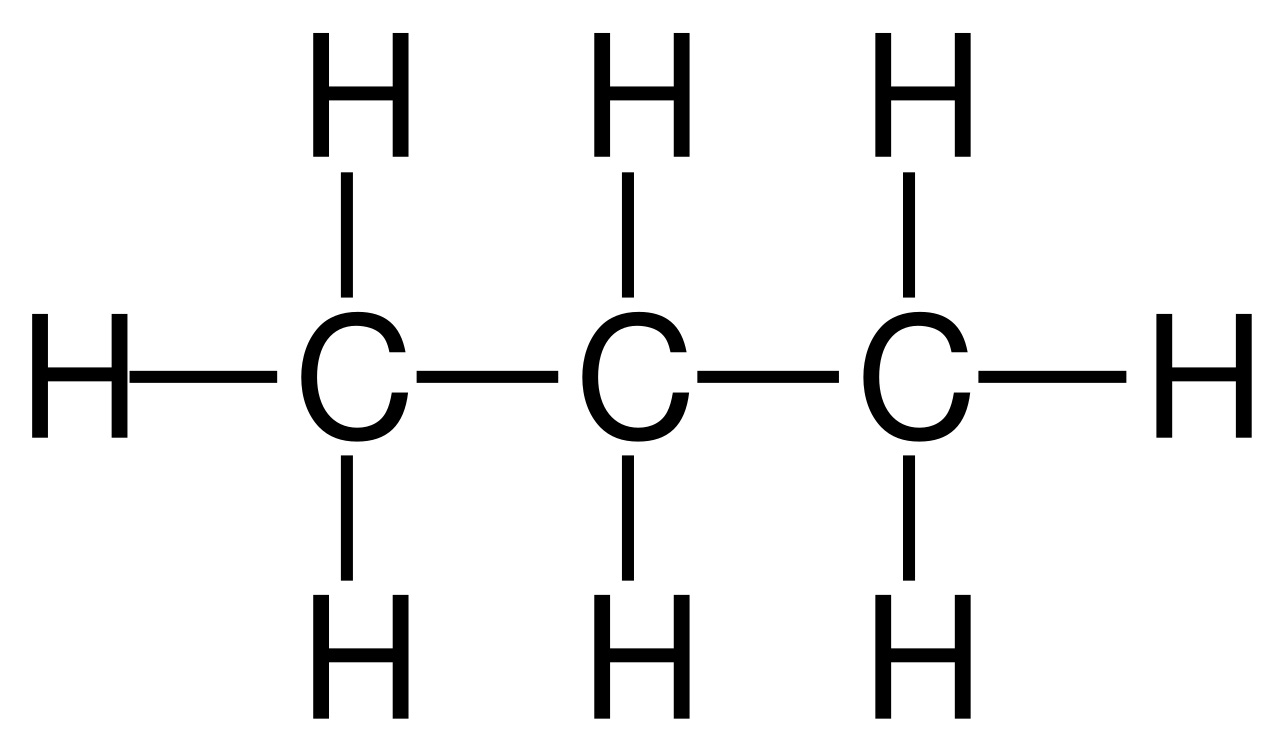
Propane is a versatile and widely used gas that plays a crucial role in various aspects of our daily lives. From powering up our grills for a summer barbecue to heating our homes during the chilly winter months, propane is an essential part of modern living. However, there are many fascinating facts about propane that are not widely known. In this article, we will explore 15 interesting facts about propane, shedding light on its history, uses, properties, and impact on the environment. Whether you're a homeowner, outdoor enthusiast, or simply curious about the world of chemistry, these facts are sure to pique your interest and deepen your understanding of this remarkable gas.
Key Takeaways:
- Propane, a versatile and environmentally friendly fuel, is used for heating, cooking, and powering vehicles, making it essential for rural areas and outdoor adventures.
- Propane’s role extends beyond energy, serving as a refrigerant, chemical feedstock, and reliable source of backup power, contributing to everyday products and materials.
Propane is a By-Product of Natural Gas Processing and Petroleum Refining
Propane is a hydrocarbon gas that is extracted during the refining of crude oil and the processing of natural gas. It is separated from the other components through a process called fractional distillation, where it is isolated and stored as a liquid under moderate pressure. This versatile gas is commonly used for heating, cooking, and as a fuel for engines and portable stoves due to its high energy content and clean-burning properties.
Propane is Stored and Transported as a Liquid
Unlike natural gas, which is transported through pipelines, propane is stored and transported as a liquid under pressure. This allows for a higher energy density and makes it more practical for use in areas where natural gas pipelines are not available. Propane is stored in specially designed tanks and cylinders, and it vaporizes into a gaseous state when released into the air.
Propane is Environmentally Friendly
Propane is recognized as a clean-burning fuel that produces lower greenhouse gas emissions compared to many other energy sources. When combusted, it releases negligible amounts of sulfur and toxic substances, making it an environmentally responsible choice for residential, commercial, and industrial applications.
Propane is Widely Used for Heating
Propane is commonly used as a heating fuel for homes, businesses, and farms. It can power furnaces, boilers, water heaters, and space heaters, providing efficient and reliable heat even in areas without access to natural gas. Additionally, propane fireplaces and stoves offer a convenient and aesthetically pleasing alternative to traditional wood-burning options.
Propane is an Essential Energy Source for Rural Areas
In rural and off-grid areas, propane plays a vital role in providing energy for heating, cooking, and powering appliances. Its versatility and relatively low cost make it a practical solution for areas where access to electricity or natural gas may be limited or unavailable.
Propane is Used in Agriculture
Propane is widely utilized in the agricultural sector for various applications, including crop drying, pest control, irrigation engine fuel, and heating for livestock buildings. Its portability and efficiency make it an ideal energy source for agricultural operations, contributing to increased productivity and sustainability in the industry.
Propane is a Popular Fuel for Vehicles
Propane, also known as autogas when used as a vehicle fuel, is an increasingly popular alternative to gasoline and diesel. It offers similar performance while producing lower emissions, making it an attractive option for environmentally conscious drivers and fleet operators.
Propane is Used for Outdoor Recreation
Propane is a go-to fuel for outdoor enthusiasts, powering grills, camping stoves, lanterns, and portable heaters. Its clean combustion and portability make it an ideal choice for cooking and providing warmth during outdoor adventures, from backyard barbecues to wilderness camping trips.
Propane is a Component of Liquefied Petroleum Gas (LPG)
Propane is a key component of Liquefied Petroleum Gas (LPG), a popular energy source used for heating, cooking, and transportation. LPG also contains butane and other hydrocarbons, and it is commonly stored and distributed in pressurized containers for use in various residential, commercial, and industrial applications.
Propane is Used in Industrial Processes
Propane is utilized in numerous industrial processes, including metal cutting and welding, heat treatment, and as a fuel for forklifts and other equipment. Its clean-burning properties and high energy content make it a valuable resource for a wide range of industrial operations.
Propane Can Power Generators
Propane generators provide a reliable source of backup power for homes, businesses, and critical facilities during power outages. Their efficiency, low emissions, and long shelf life of the fuel make propane generators a popular choice for emergency and standby power needs.
Propane is a Versatile Refrigerant
Propane has been used as a refrigerant in various applications due to its thermodynamic properties and low environmental impact. It has been employed in refrigeration systems, air conditioning units, and heat pumps, offering efficient cooling with reduced environmental concerns compared to traditional refrigerants.
Propane is a Valuable Chemical Feedstock
Propane serves as a feedstock for the production of petrochemicals, including propylene, which is a key building block for the manufacturing of plastics, synthetic fibers, and other materials. Its role in the petrochemical industry contributes to the production of a wide range of everyday products and materials.
Propane is a Reliable Energy Source in Extreme Conditions
Propane’s ability to remain in a liquid state at moderate pressures and wide temperature ranges makes it a dependable energy source in extreme environmental conditions. It is commonly used in cold climates and high-altitude locations, where other energy sources may be less practical or reliable.
Propane Offers Energy Independence
By utilizing propane as an energy source, individuals and businesses can achieve a level of energy independence, reducing reliance on centralized energy grids and infrastructure. This self-sufficiency can provide resilience during natural disasters, supply chain disruptions, and other unforeseen events.
Conclusion
Propane is a versatile and fascinating fuel that has numerous applications in our daily lives. From powering grills and heating homes to fueling vehicles and generating electricity, propane plays a crucial role in various industries and households. Its eco-friendly nature, cost-effectiveness, and efficiency make it a popular choice for consumers and businesses alike. As we continue to seek sustainable energy sources, propane stands out as a reliable and clean-burning fuel option. With ongoing technological advancements and a growing emphasis on environmental consciousness, the future of propane looks promising. Embracing this remarkable fuel and exploring its potential for innovation and sustainability will undoubtedly contribute to a greener and more efficient energy landscape.
FAQs
What is propane?
Propane is a hydrocarbon gas that is commonly used as a fuel for heating, cooking, and powering various appliances. It is stored in a liquid state under pressure and is converted to a gaseous form for use.
Is propane safe to use?
When handled and stored properly, propane is a safe fuel. It has built-in safety features, and regular inspections and maintenance of propane equipment are essential to ensure its safe use.
How is propane produced?
Propane is a byproduct of natural gas processing and crude oil refining. It is separated from other hydrocarbons through a process called fractionation.
What are the environmental benefits of using propane?
Propane is a clean-burning fuel that produces lower greenhouse gas emissions compared to other fossil fuels. It is non-toxic and insoluble in water, making it an environmentally friendly energy option.
Can propane be used as a vehicle fuel?
Yes, propane can be used as an alternative fuel for vehicles. It is known as autogas and is widely used in many countries as a cost-effective and eco-friendly transportation fuel.
Was this page helpful?
Our commitment to delivering trustworthy and engaging content is at the heart of what we do. Each fact on our site is contributed by real users like you, bringing a wealth of diverse insights and information. To ensure the highest standards of accuracy and reliability, our dedicated editors meticulously review each submission. This process guarantees that the facts we share are not only fascinating but also credible. Trust in our commitment to quality and authenticity as you explore and learn with us.


